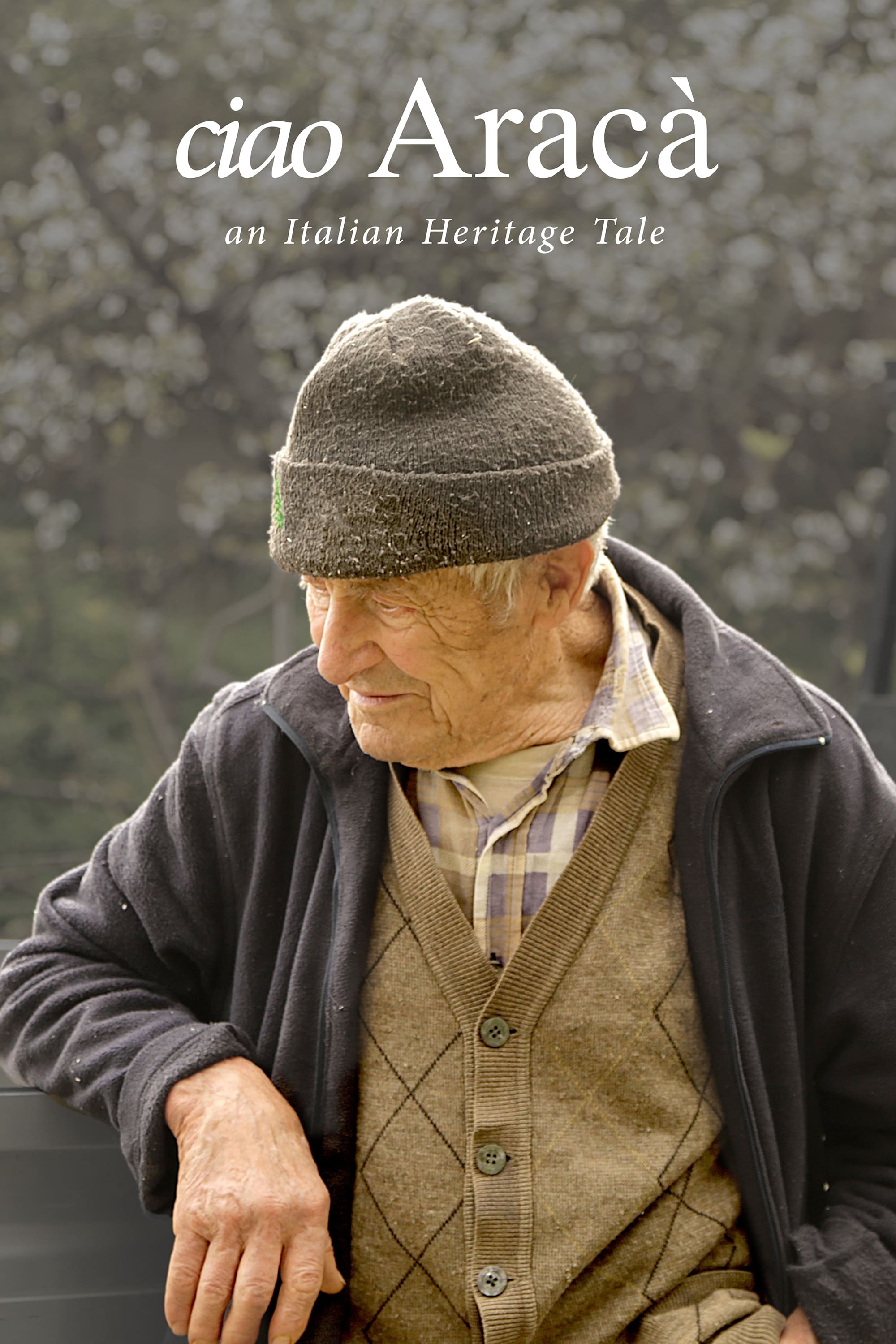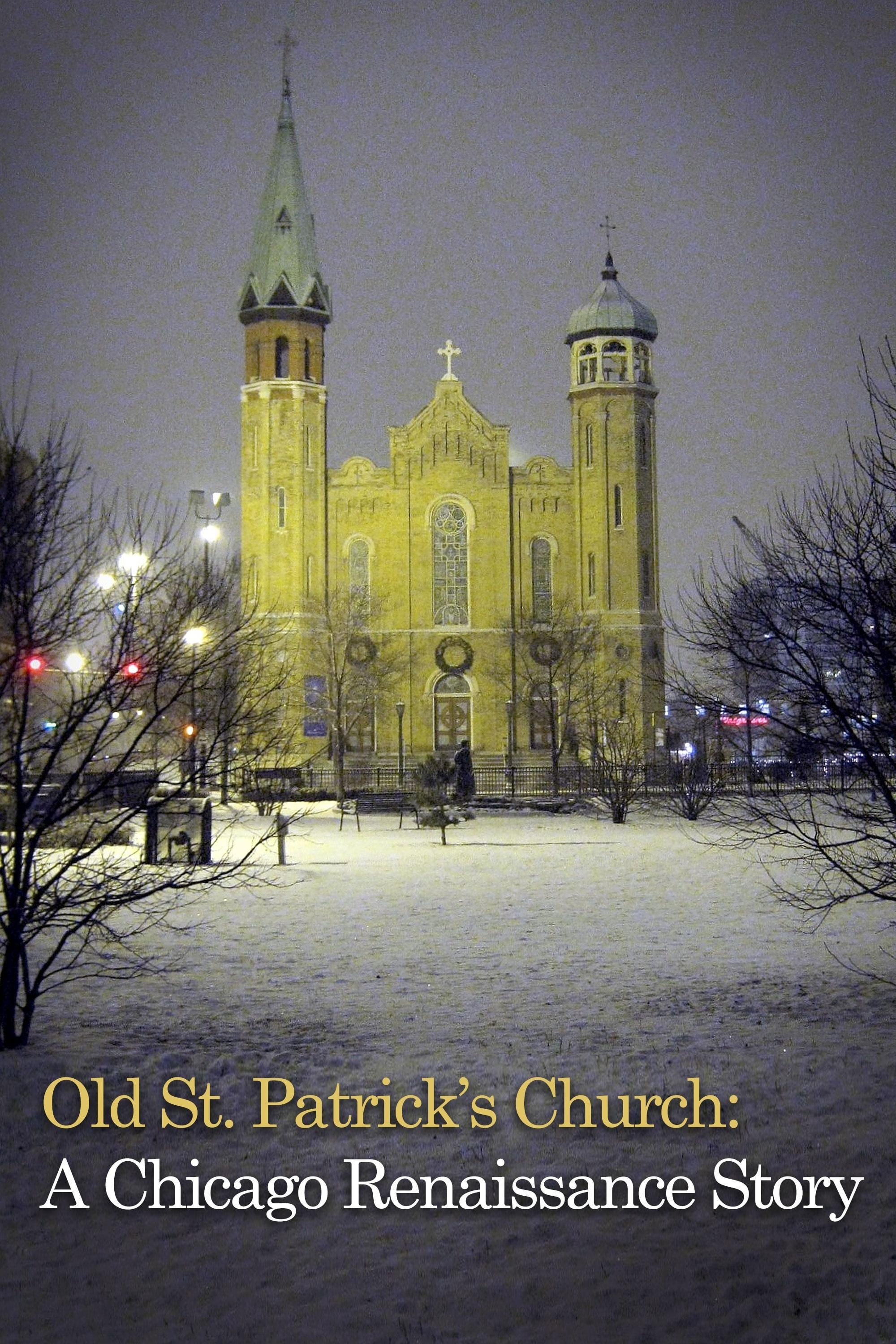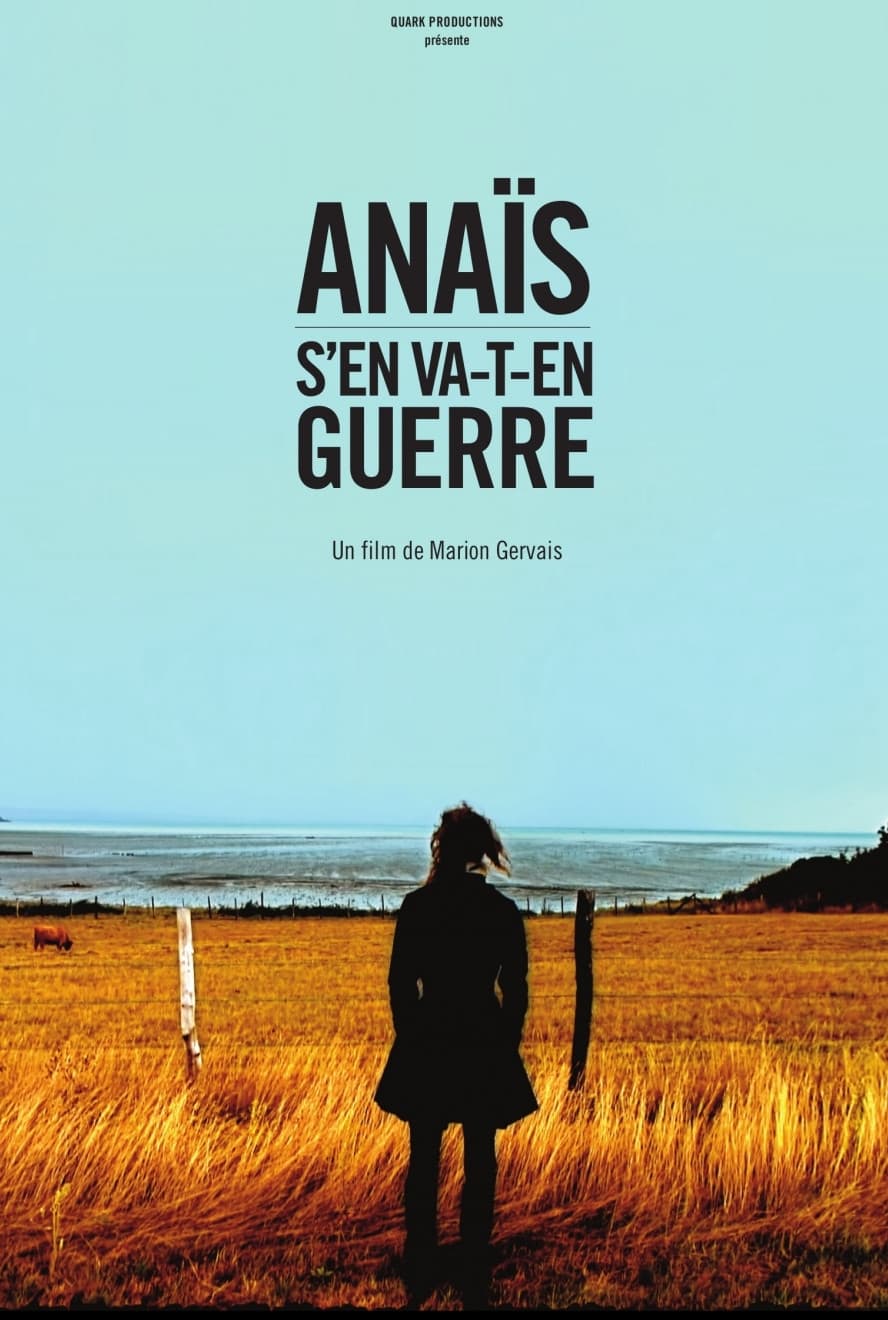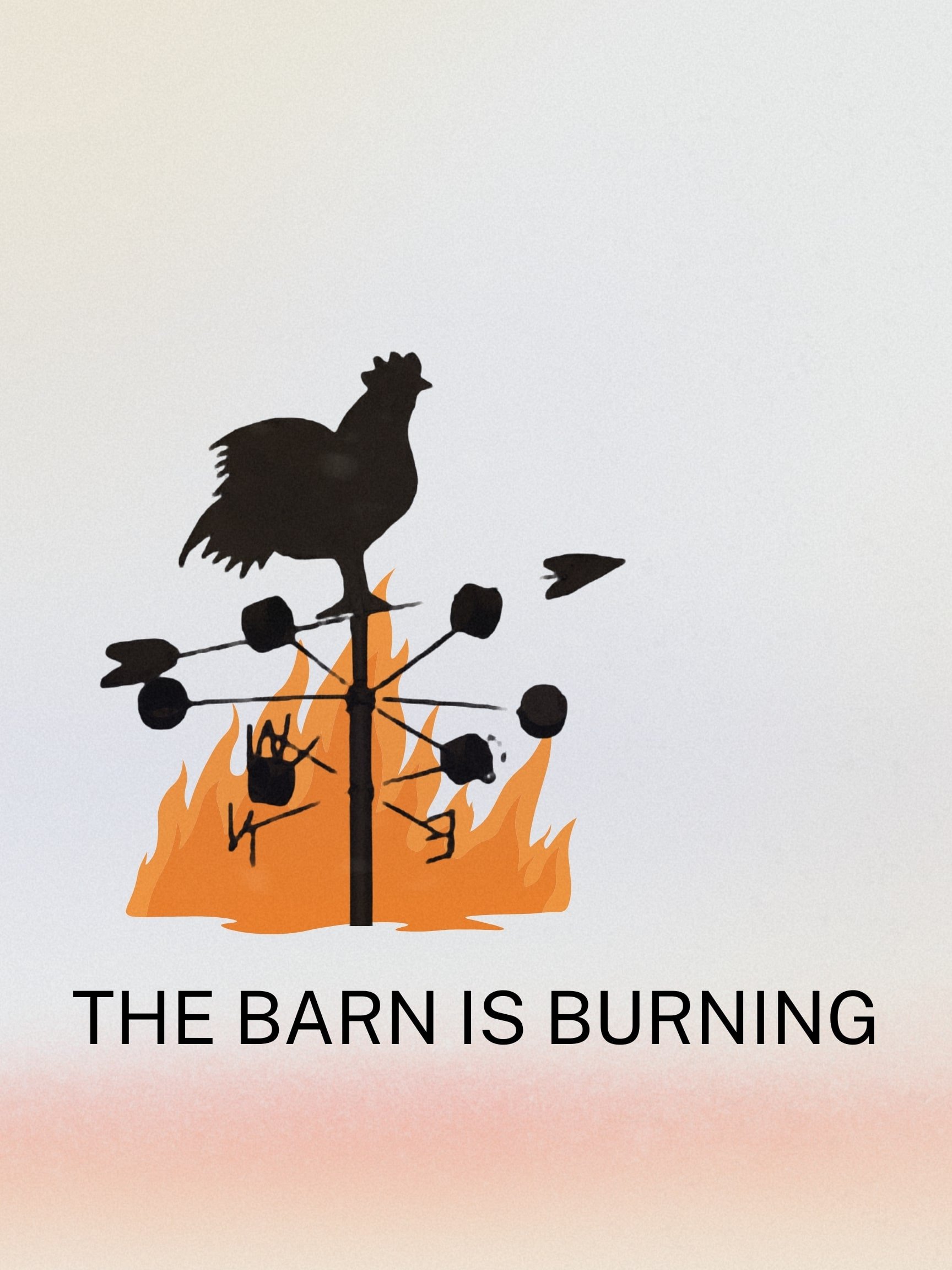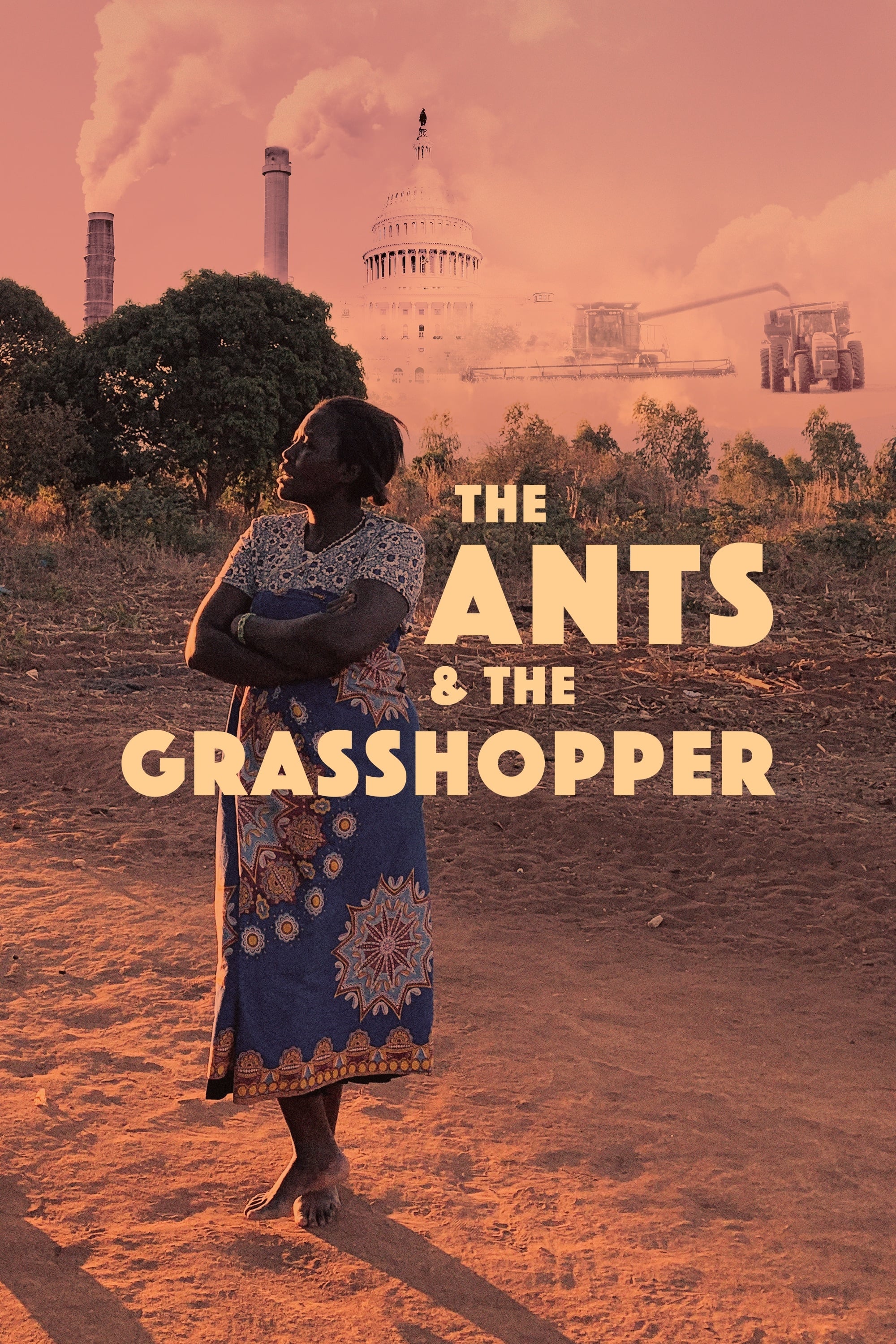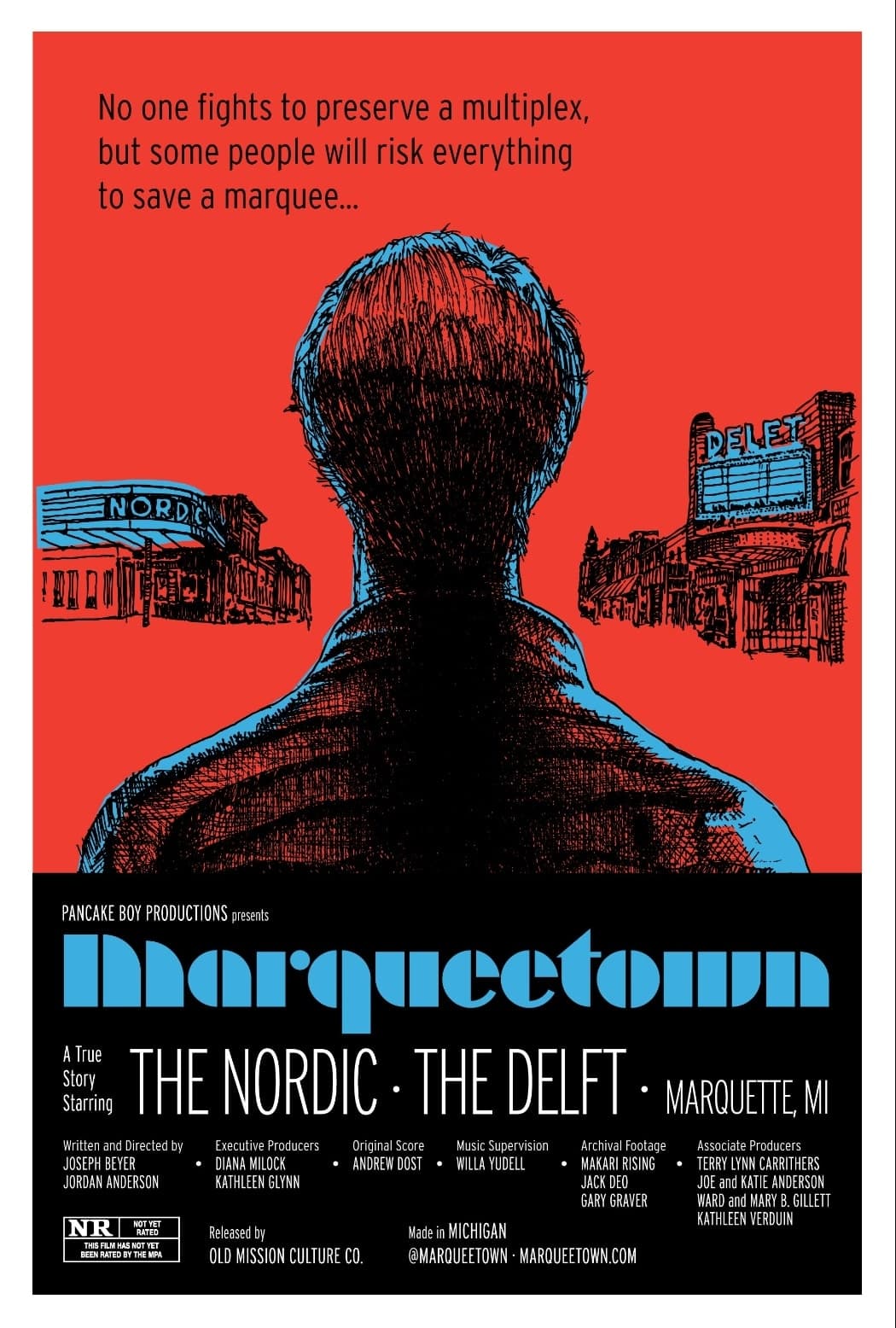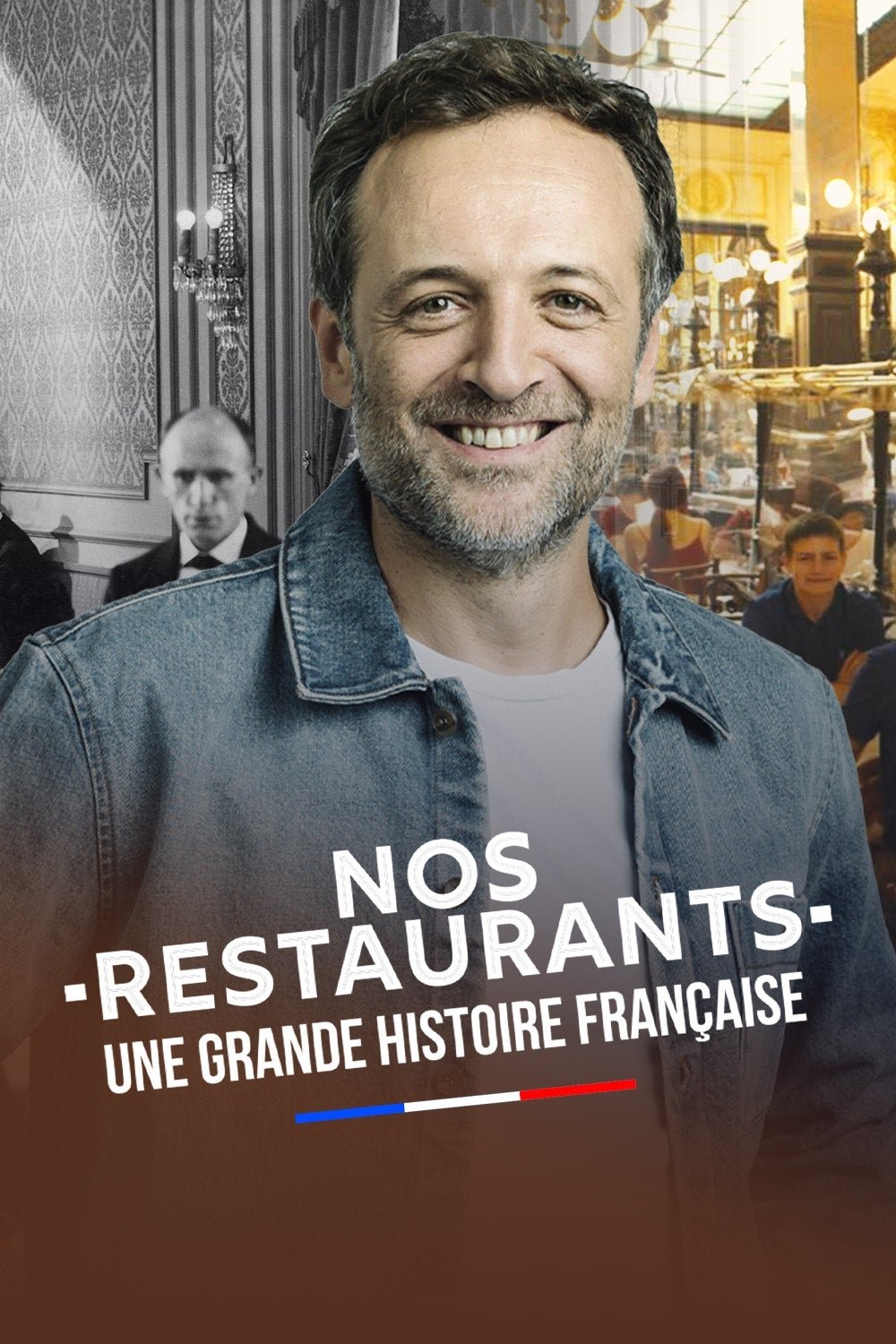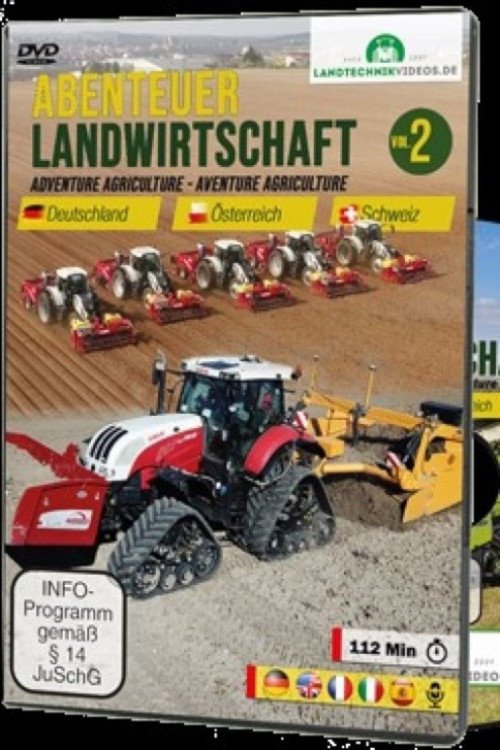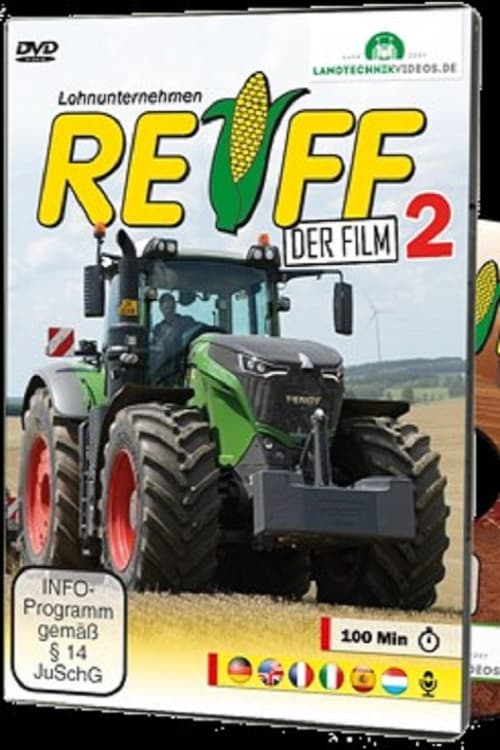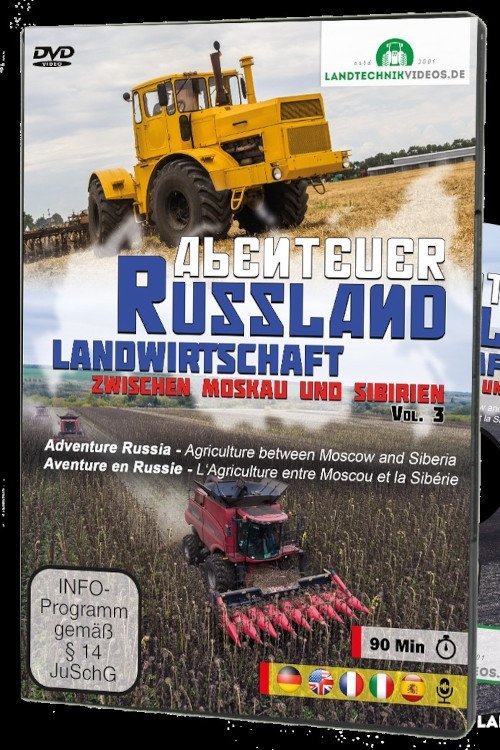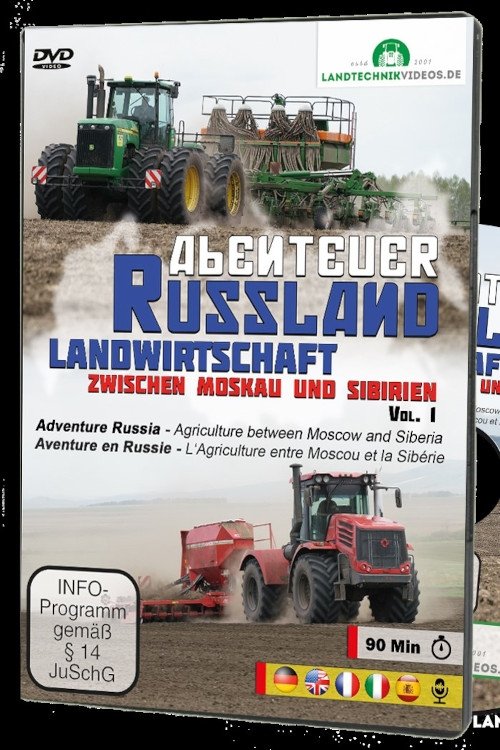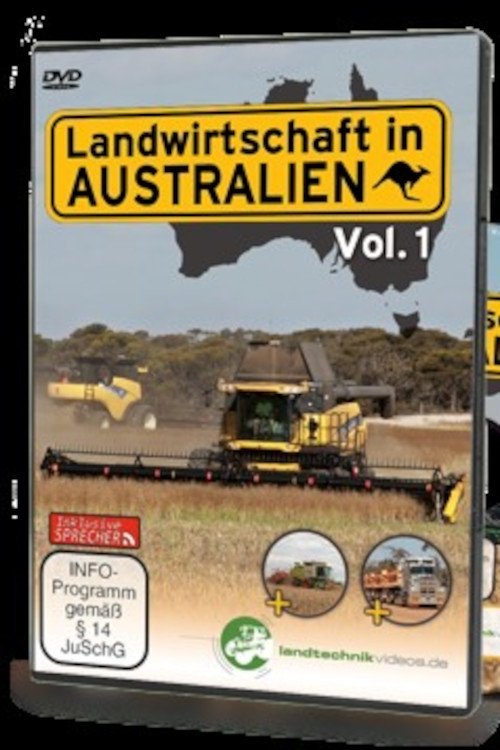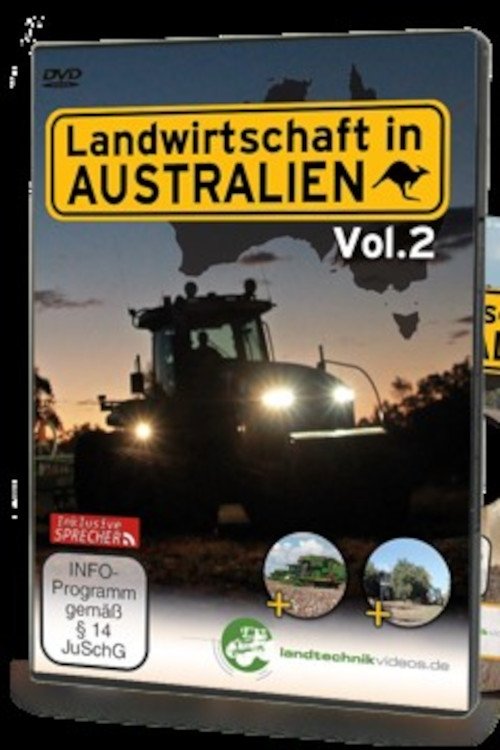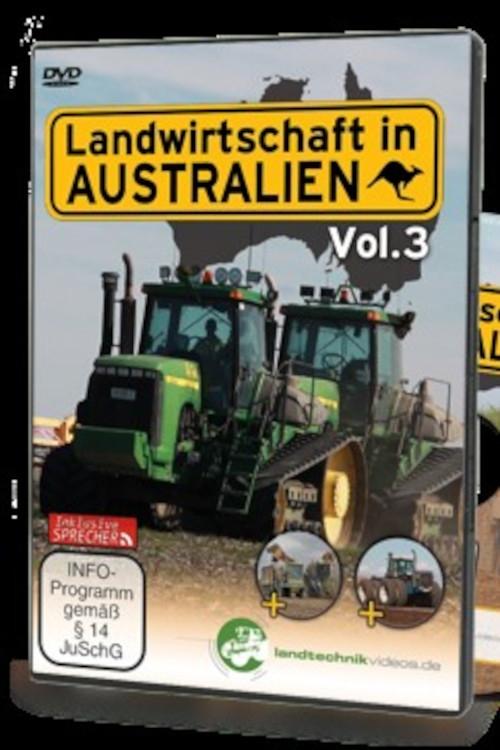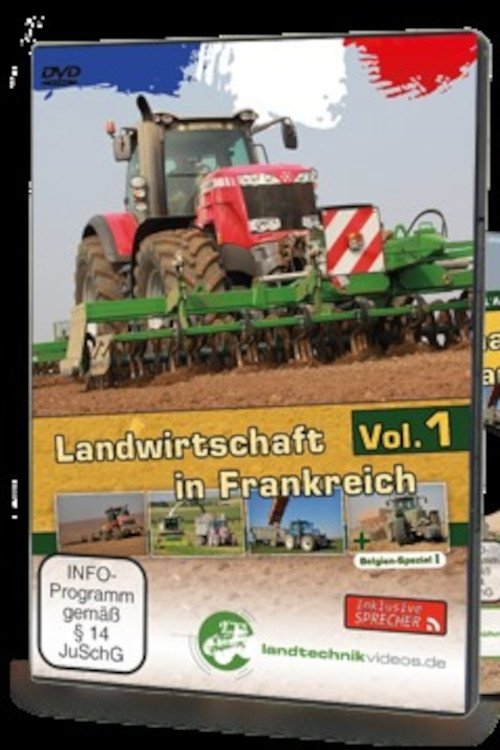
Videos & Trailers
1 video
Cast & Crew
13 members
Acting
Judith Lit
Self - Narrator (voice)
No Image
Acting
Nanou Bouchat
Herself
No Image
Acting
Charlotte Brajot
Herself
No Image
Acting
Isabelle Brajot
Herself
No Image
Acting
Frédéric Coté
Himself
No Image
Acting
Isabelle Coté
Herself
No Image
Acting
Ginette Delibie
Herself
No Image
Acting
Marie-Louise Gourdon
Herself
No Image
Acting
Guy Phélip
Himself
No Image
Acting
Alain Rabeau
Himself
No Image
Acting
Alfred Tripied
Himself
No Image
Acting
Dylan Veyret
Himself
No Image
Acting
Olivier Veyret
Himself
No Image


